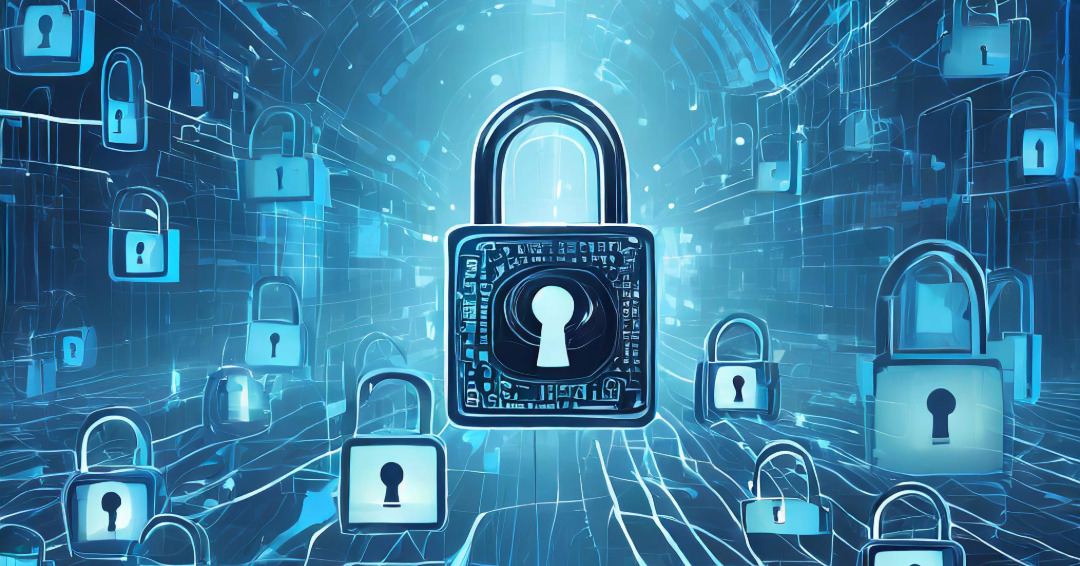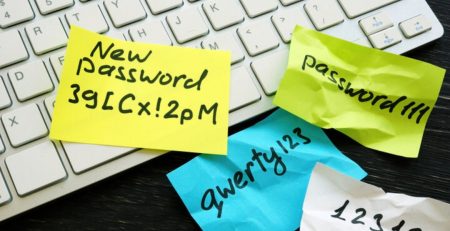The Power of Change: Why Regularly Updating Your Passwords is Crucial
In today’s digital age, where our lives are intricately woven with the fabric of the internet, the importance of safeguarding our online accounts cannot be overstated. Among the myriad of security practices, one stands out as fundamental yet often overlooked: regularly updating your passwords. While it might seem like a mundane task, changing your passwords at regular intervals is a simple yet effective measure in fortifying your digital defenses against cyber threats. Let’s delve into why this practice is so crucial in maintaining your online security.
Evolving Threat Landscape
Cyber threats are constantly evolving, becoming increasingly sophisticated and diverse. From phishing scams to brute force attacks, hackers employ various techniques to exploit vulnerabilities and gain unauthorized access to sensitive information. By frequently changing your passwords, you disrupt the potential success of such attacks, rendering compromised credentials obsolete before they can be exploited.
Data Breaches
Data breaches have become all too common in recent years, with high-profile incidents affecting millions of users worldwide. Even the most reputable companies are not immune to these breaches, and when they occur, user credentials are often among the prime targets. By changing your passwords regularly, you mitigate the risk of unauthorized access in the event that your credentials are compromised in a breach. This proactive approach can help minimize the potential damage and protect your personal and financial information.
Password Reuse
One of the most prevalent yet dangerous habits among internet users is password reuse. Many people use the same password across multiple accounts for the sake of convenience, unwittingly creating a security loophole that hackers can exploit. If one account is compromised due to a weak or leaked password, all other accounts with the same credentials are vulnerable. Regularly updating your passwords ensures that even if one account is compromised, the impact is limited, reducing the risk of widespread account hijacking.
Stronger Security Hygiene
Changing your passwords regularly is not just about staying one step ahead of cybercriminals; it’s also about cultivating strong security hygiene. Just as you maintain your physical health through regular exercise and proper nutrition, you must cultivate healthy digital habits to protect your online well-being. By incorporating password updates into your routine, you instill a proactive mindset towards cybersecurity, making it a habit rather than an occasional task.
Compliance Requirements
For businesses and organizations, compliance with industry regulations and standards is paramount. Many regulatory frameworks, such as the General Data Protection Regulation (GDPR) and the Health Insurance Portability and Accountability Act (HIPAA), mandate certain security measures, including regular password changes. Failure to comply with these requirements not only exposes organizations to legal and financial repercussions but also jeopardizes the trust and confidence of their customers and stakeholders.
Practical Tips for Effective Password Management
While changing your passwords regularly is essential, it’s equally important to follow best practices for creating strong and unique passwords:
- Use complex passwords: Opt for passwords that are at least 12 characters long and include a mix of uppercase and lowercase letters, numbers, and special characters.
- Avoid common patterns: Steer clear of easily guessable passwords such as “password123” or sequential patterns like “qwerty.”
- Utilize password managers: Consider using a reputable password manager to generate, store, and autofill complex passwords across your accounts securely.
- Enable multi-factor authentication (MFA): Supplement your passwords with an additional layer of security by enabling MFA wherever possible, such as SMS codes or authentication apps.
In an increasingly interconnected world where our digital footprint continues to expand, safeguarding our online accounts is of paramount importance. Regularly updating your passwords is a simple yet effective measure in bolstering your cybersecurity defenses, mitigating the risk of data breaches, and protecting your sensitive information. By embracing this practice and adopting strong password management habits, you can navigate the digital landscape with greater confidence and peace of mind. Remember, when it comes to your online security, the power of change is in your hands.












